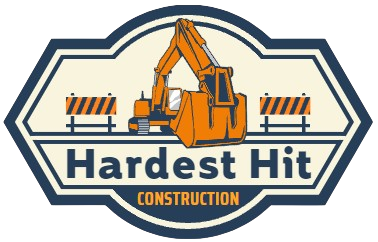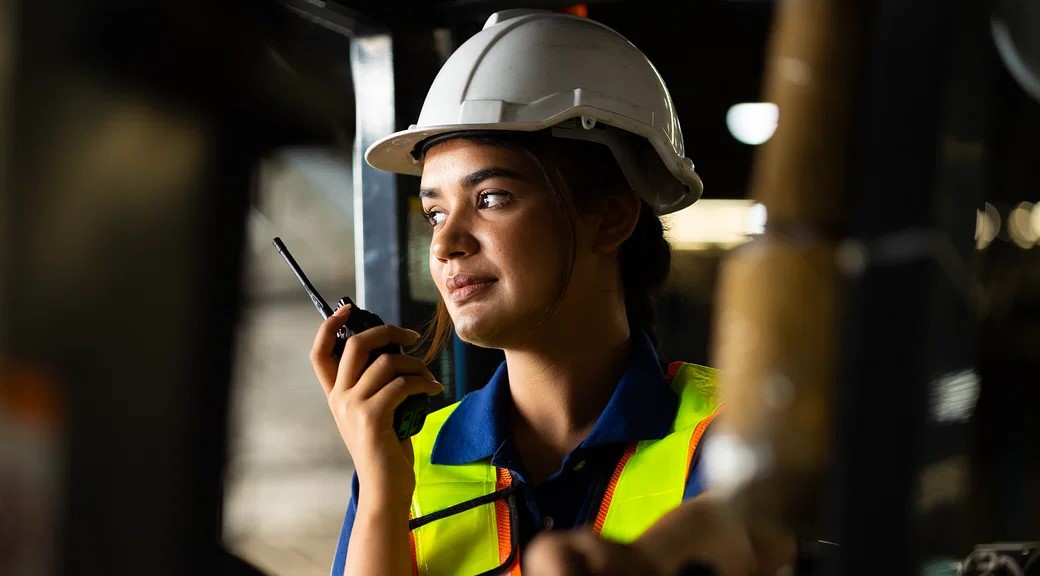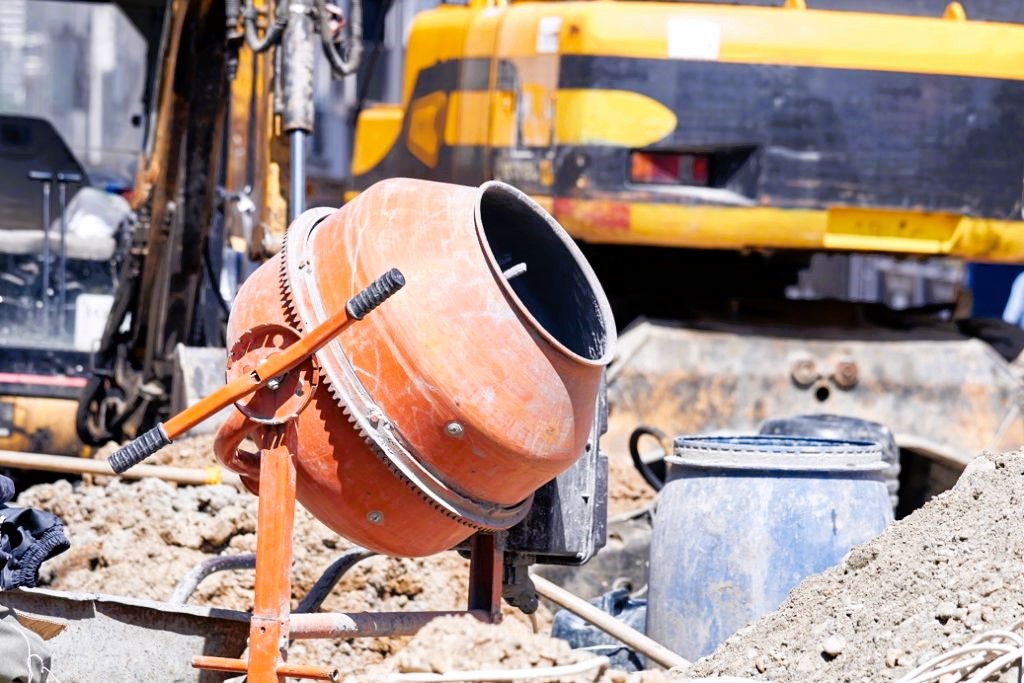Project management in construction is a complex and multifaceted endeavor that requires a combination of skills, methodologies, and best practices to ensure successful project outcomes. This article aims to explore the art of mastering project management in construction, revealing key best practices that can be applied across various construction projects. From initial planning to execution and completion, effective project management is integral to delivering projects on time, within budget, and to the satisfaction of all stakeholders.
Understanding the Construction Project Management Landscape:
Construction project management involves overseeing a project’s planning, design, and execution from inception to completion. It requires the coordination of various stakeholders, resources, and tasks to achieve project goals within specified constraints. The unique challenges of the construction industry, such as variable site conditions, regulatory requirements, and tight schedules, make effective project management crucial.
Best Practices in Construction Project Management:

1. Clear Project Definition and Scope:
- Best Practice: Clearly define the project scope, objectives, and deliverables from the outset. Ensure that all stakeholders have a shared understanding of the project’s goals.
- Rationale: A well-defined project scope helps prevent scope creep, enhances communication, and aligns all team members towards common objectives.
2. Robust Risk Management:
- Best Practice: Conduct a thorough risk assessment at the beginning of the project. Continuously monitor and manage risks throughout the project lifecycle.
- Rationale: Proactive risk management minimizes the impact of unforeseen events on project timelines, costs, and quality.
3. Detailed Project Planning:
- Best Practice: Develop a comprehensive project plan that includes a detailed schedule, resource allocation, and budget estimates.
- Rationale: A well-structured project plan serves as a roadmap, providing guidance for the entire project team and ensuring that tasks are executed in a coordinated manner.
4. Effective Communication:
- Best Practice: Establish open and transparent communication channels among all project stakeholders. Regularly update stakeholders on project progress, challenges, and milestones.
- Rationale: Clear communication fosters collaboration, mitigates misunderstandings, and ensures that everyone is aligned with project objectives. What is the impact of climate change on construction? More details can be found at the link.
5. Utilization of Project Management Software:
- Best Practice: Implement project management software to streamline tasks such as scheduling, resource management, and progress tracking.
- Rationale: Software tools enhance efficiency, reduce manual errors, and provide real-time visibility into project performance.
6. Strategic Resource Allocation:
- Best Practice: Allocate resources strategically based on project requirements. Ensure that resources, including labor, equipment, and materials, are available when needed.
- Rationale: Optimal resource allocation prevents bottlenecks, reduces project delays, and maximizes productivity.
7. Adherence to Quality Standards:
- Best Practice: Establish and adhere to quality standards throughout the project. Conduct regular quality inspections and ensure that work meets or exceeds industry standards.
- Rationale: Maintaining quality standards is essential for ensuring the longevity and safety of the constructed facility.
8. Stakeholder Engagement and Management:
- Best Practice: Engage stakeholders early in the project and regularly communicate with them. Address concerns and expectations to build strong relationships.
- Rationale: Effective stakeholder management contributes to project success by aligning expectations and fostering a collaborative environment.
9. Continuous Monitoring and Adaptation:
- Best Practice: Implement a robust monitoring system to track project progress, costs, and risks. Adapt the project plan as needed based on real-time data.
- Rationale: Continuous monitoring allows for timely interventions, ensuring that the project stays on course and any deviations are addressed promptly.
10. Comprehensive Documentation:
- Best Practice: Maintain comprehensive project documentation, including contracts, change orders, meeting minutes, and project reports.
- Rationale: Documentation serves as a historical record, aids in dispute resolution, and provides valuable insights for future projects.
Industry Standards and Guidelines:

For comprehensive information on project management in construction, readers are encouraged to explore resources provided by Canada.ca. These platforms offer valuable insights into construction management practices, industry standards, and guidelines for effective project management.
Conclusion:
Mastering project management in construction is an ongoing process that requires a combination of organizational skills, communication abilities, and a deep understanding of the construction industry. By adopting best practices, leveraging technology, and adhering to industry standards, project managers can navigate the complexities of construction projects more effectively. As the construction landscape evolves, the application of proven project management principles becomes increasingly crucial for delivering successful projects that meet or exceed stakeholders’ expectations.




